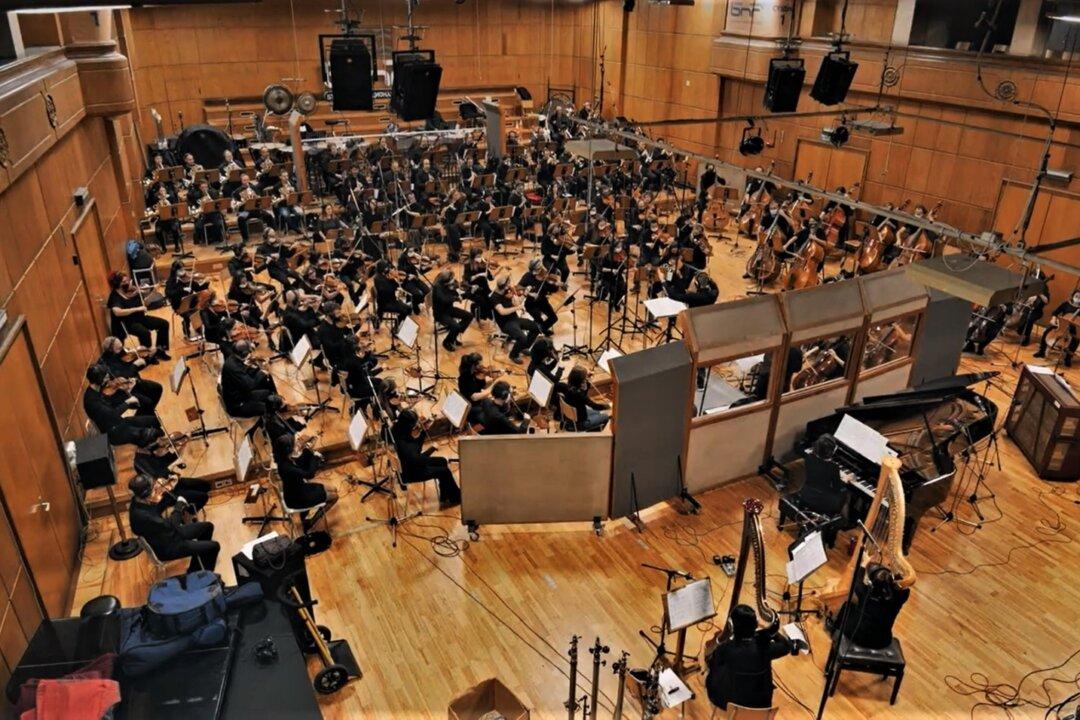How will 2021 fare in its early days? Will the early reviews be kind, or savage? And will they prove to be true?
The poet Alexander Pope’s line, “Hope springs eternal in the human breast” may have no better illustration in recent memory than the much anticipated dawn of the year 2021, and good riddance to 2020, as many people say. A clean slate and a fresh chance to get things right—in a word, hope—is an important feeling in the well-being of the human psyche, even if the simple change of a digit in the name of the year seems an arbitrary way to achieve it. Music may offer a more concrete metaphor for having a fresh start and another chance at improvement in life.






